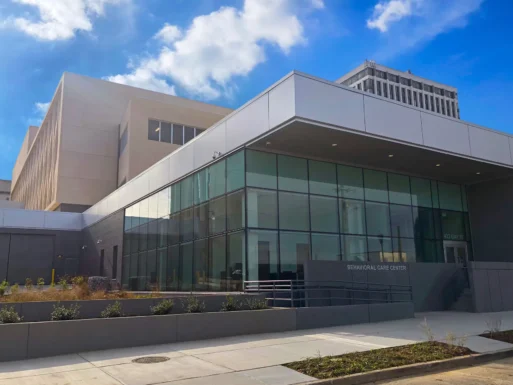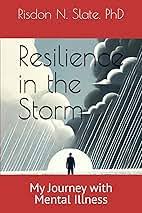/>
(6-21-25) Ridiculous! The federal government agreed to drop charges but not state authorities.
Guest Post via email:
Hi Pete, Nick Gallo can’t read or write, has the mental capacity of a child, and an IQ of 50. However, he is accused of posting threats against President Trump. The video of his arrest really paints the picture of who Nick is and what he understands.
Federal prosecutors have dropped their case, citing his cognitive limitations.







